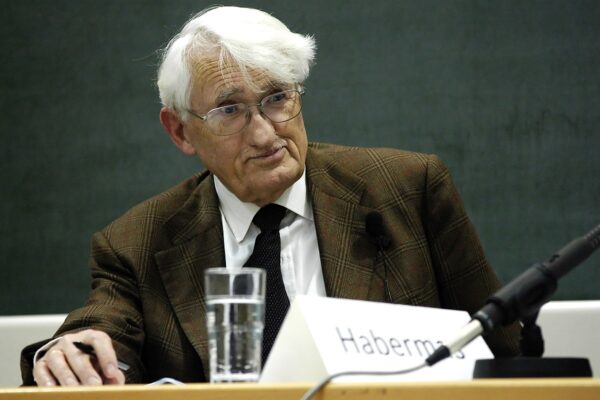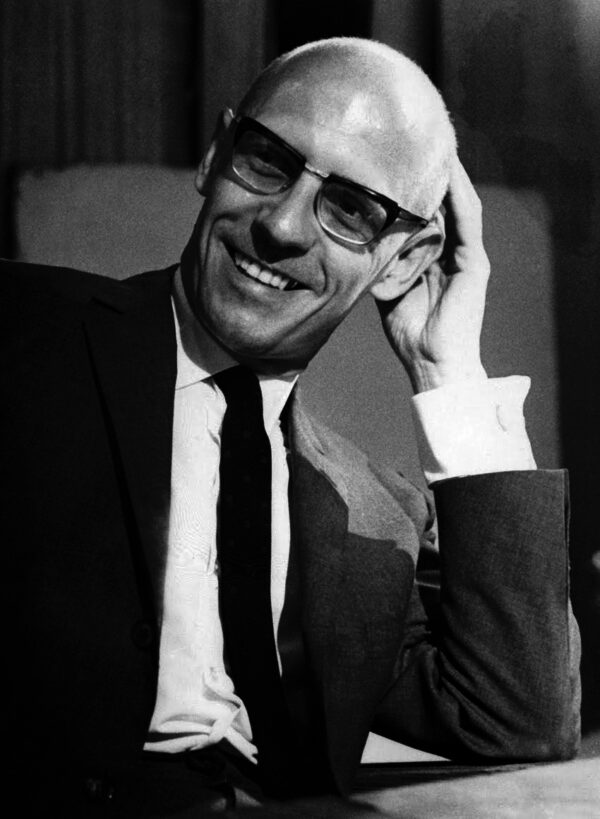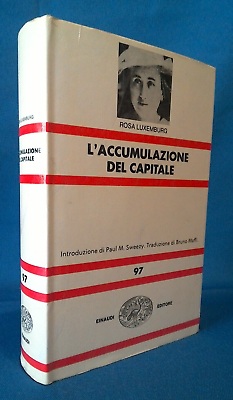Pagine
Condividi e segnala
Tag
- Althusser
- Antropologia
- Baumgarten
- Bourdieu
- Conceivability of Nothingness
- Conciliation
- corpo
- Derrida
- Dialectics
- Difference
- distinzione
- Europe
- Expression
- giudizio
- Grace
- Habitus
- Heidegger
- Hobbes
- Kant
- linguaggio
- Lyotard
- marxismo
- Medieval Aristotelianism
- Metaphysics
- Nature
- Negative
- Nichts
- nihil
- Nihilism
- nihil negativum
- nihil privativum
- Non-identical
- Nothing
- Nothingness
- onore
- politica
- postmoderno
- pratica
- riconoscimento
- Smith
- solitudine
- Sovranità
- Spinoza
- Thomas Aquinas
- Western Ontology
-
Articoli recenti
Link
Archivi categoria: Monografica
Introduzione
Roberto Finelli
Università degli Studi di Roma Tre (roberto.finelli@uniroma3.it)
Pubblicato in Monografica, NUMERO 15
Commenti disabilitati su Introduzione
Linguaggio e intersoggettività. Dalla Fenomenologia dello spirito alla Diskursethik habermasiana
Carlo Crosato
Università degli Studi di Bergamo (carlo.crosato@unibg.it; ORCID: 0000-0002-0439- 3249).
Language and Intersubjectivity: From the Phenomenology of Spirit to Habermas’ Diskursethik
Abstract: In this paper I aim to trace an itinerary through Hegelian Phenomenology to Jürgen Habermas’ Diskurethik. Hegel lays the groundwork for placing relationality at the origin of self-consciousness and addresses the problem of plurality of perspectives on the world, seeking a solution in the linguistic medium. Habermas draws on Hegel’s thought, identifying a structural ethicality underlying our communication.
Keywords: Language; Intersubjectivity; Diskursethik; Hegel; Habermas. … Continua a leggere
Pubblicato in Monografica, NUMERO 15
Commenti disabilitati su Linguaggio e intersoggettività. Dalla Fenomenologia dello spirito alla Diskursethik habermasiana
Quale soggetto in Hume?
Paolo Castaldo
Università degli Studi di Salerno (paolocastaldo88@gmail.com; ORCID: 0000-0003- 2442-0942).
Which Subject in Hume?
Abstract: In Hume’s scholarship the notion of “subject” lacks systematic analysis. First, because it is often confused with words such as “self ”, “soul” or “person”, which repeatedly occur in the Treatise. Another reason is that the subject is almost always reduced to the famous question of personal identity. In this paper I argue that, on the one hand, the concept of subject has to be distinguished from that of “self ” or “person”, and from the question of personal … Continua a leggere
Pubblicato in Monografica, NUMERO 15
Commenti disabilitati su Quale soggetto in Hume?
L’uso dell’evento. Trasformazioni dell’idea di storicità nell’opera di Michel Foucault (1966-1971)
Francesco Marchesi
Università di Pisa (francesco.marchesi1@gmail.com; ORCID: 0000-0003-3847-9574).
The Use of Event: Transformation of the Idea of History in Michel Foucault (1966-1971)
Abstract: Between 1966 and 1971 Michel Foucault’s philosophy moves from the paradigm of archaeology, present in his well-known work as Les mots et les choses and L’archéologie du savoir, to that of genealogy, influenced by authors like Nietzsche and Deleuze. The problem of historical knowledge stands at the center of this transformation. This essay tries to account this shift in Foucault’s philosophy from the point of view of the event: from … Continua a leggere
Pubblicato in Monografica, NUMERO 15
Commenti disabilitati su L’uso dell’evento. Trasformazioni dell’idea di storicità nell’opera di Michel Foucault (1966-1971)
Storia, scienza e materialismo. Ripensando Franz Borkenau
Andrea Cengia e Massimiliano Tomba
Andrea Cengia – Università degli studi di Padova (andrea.cengia@unipd.it; ORCID: 0000-0002-8992-3244); Massimiliano Tomba – University of California, Santa Cruz (mtomba@ucsc.edu; ORCID: 0000-0003-4116-061x).
History, Science, and Materialism: Rethinking Franz Borkenau
Abstract: This article offers a self-reflexive exploration of materialist critique, building upon the groundwork laid by Franz Borkenau in the realms of scientific innovation, technological evolution, and the corresponding formation of worldviews. Drawing from the theoretical frameworks of Marx and Borkenau, this study examines how specific worldviews emerge through the modification of daily experiences mediated by technology. Central to this investigation … Continua a leggere
Pubblicato in Monografica, NUMERO 15
Commenti disabilitati su Storia, scienza e materialismo. Ripensando Franz Borkenau
Il rapporto tra natura non umana e accumulazione capitalistica. Una riflessione critica a partire dalla teoria di Nancy Fraser
Agostino D’Amico e Enrico Sacco
Agostino D’Amico, Università degli Studi di Bari Aldo Moro (agostino.damico@uniba. it; ORCID: 0009-0004-0864-3614); Enrico Sacco, Università degli Studi di Napoli Federico II (enrico.sacco@unina.it; ORCID: 0000-0002-4699-7040).
The Relationship Between Non-human Nature and Capitalist Accumulation: A Critical Reflection On Nancy Fraser’s Theory
Abstract: The article problematizes some conceptual dimensions of Nancy Fraser’s critical theory. Among them, the conception of the capitalist model as an institutionalized social order, the attempt to build a theoretical framework capable of bringing to light the areas of interdependence between economic and non-economic factors, and the periodic … Continua a leggere
Pubblicato in Monografica, NUMERO 15
Commenti disabilitati su Il rapporto tra natura non umana e accumulazione capitalistica. Una riflessione critica a partire dalla teoria di Nancy Fraser





